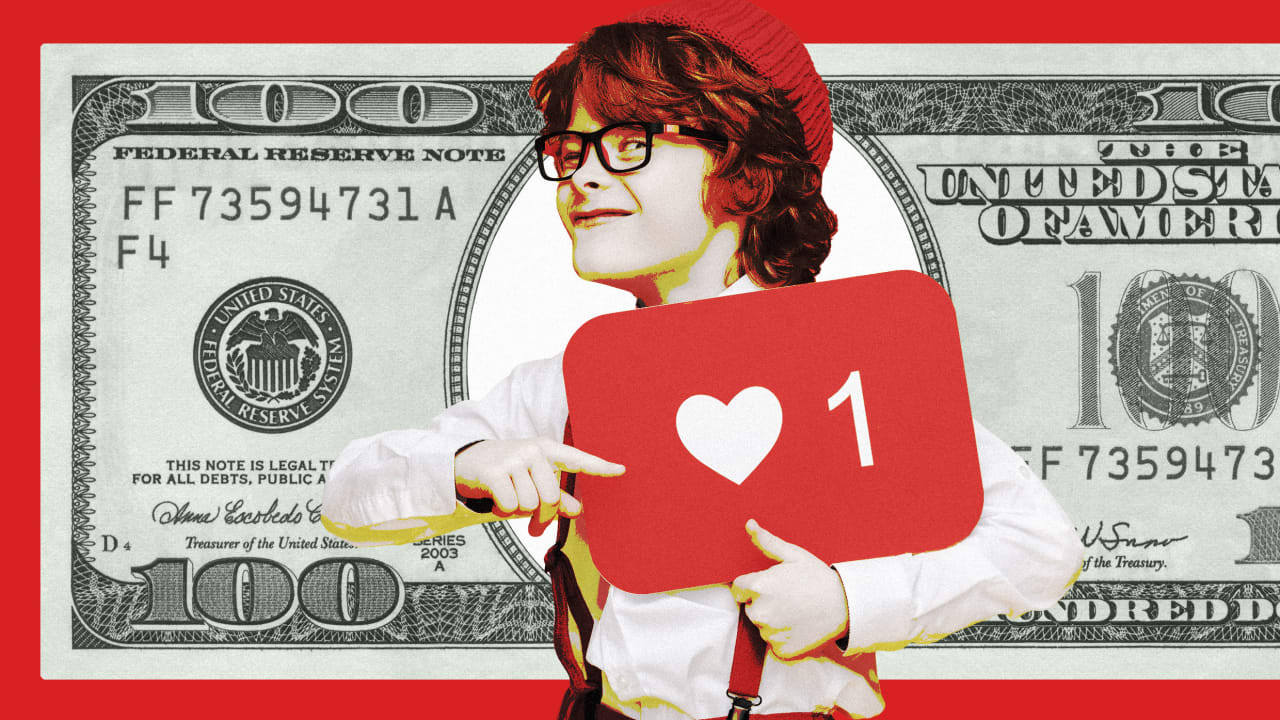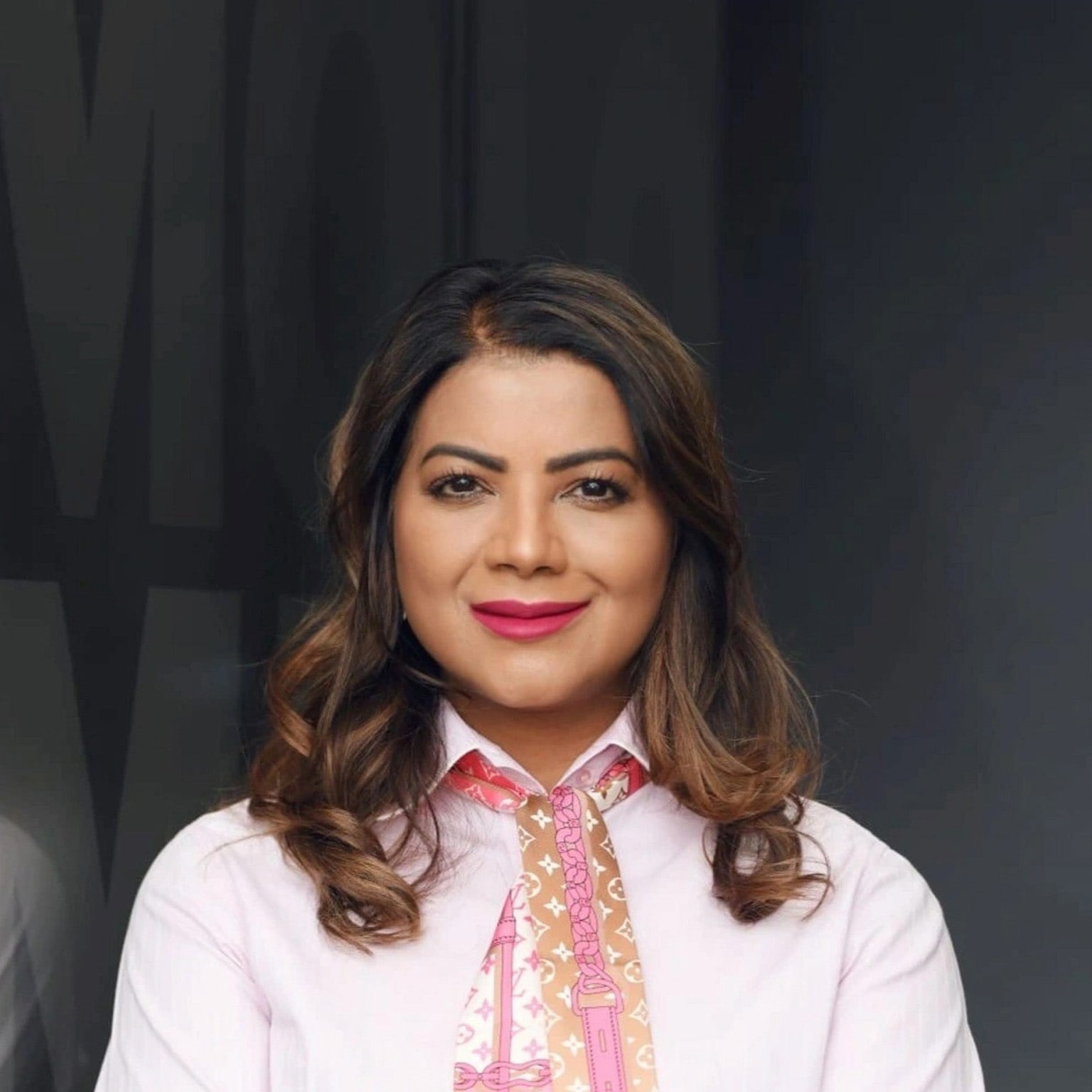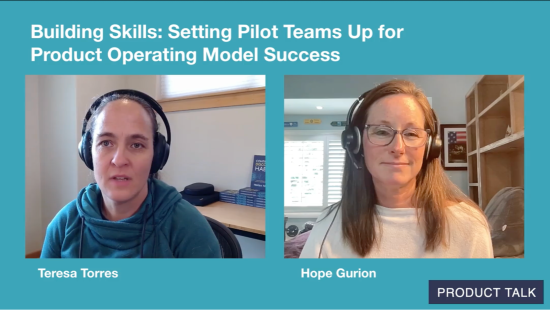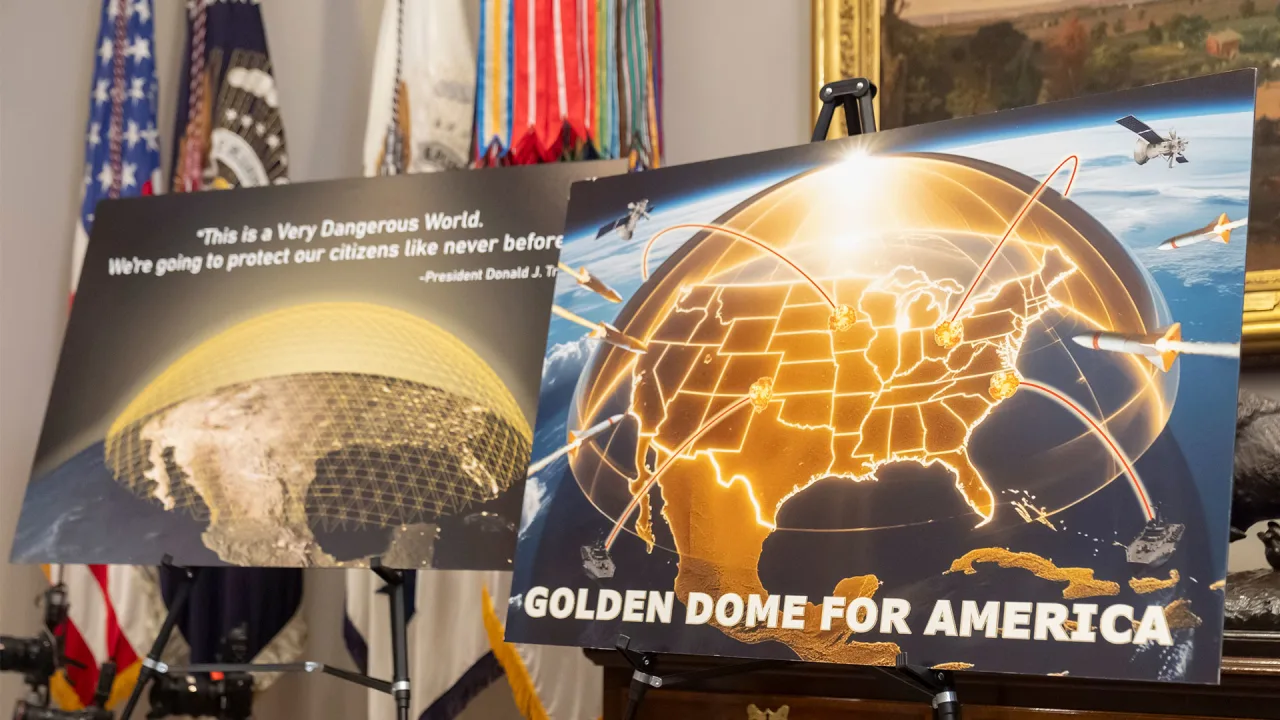Video game voice actors have been on strike for nearly a year. They finally have deal
Video game voice actors and motion capture artists could be headed back to work soon. SAG-AFTRA and major video game companies have announced a tentative contract agreement, 11 months after union members began a work stoppage. Artificial intelligence was at the heart of the dispute. “Patience and persistence has resulted in a deal that puts in place the necessary A.I. guardrails that defend performers’ livelihoods in the A.I. age, alongside other important gains,” said Duncan Crabtree-Ireland, chief negotiator for the union in a statement. Terms of the agreement were not immediately released. SAG-AFTRA said it would offer details with ratification materials to members. While a tentative deal is in place, members will continue to strike the major video game companies until the final terms are agreed upon, the union said. SAG-AFTRA president Fran Drescher seemed to stop short of declaring victory, saying “The needle has been moved forward and we are much better off than before,” but later added planning would begin for the next negotiation immediately saying “every contract is a work in progress.” Voice and performance artists have been on strike since July 2024 against Activision Productions, Disney Character Voices, Electronic Arts Productions, Formosa Interactive, Insomniac Games, WB Games, Take 2 Productions, Blindlight, and Formosa Interactive. The strike followed 18 months of negotiations. Generative AI was at the heart of the dispute, as the union maintained there were no contractual provisions that prevented game companies from training AI to reproduce an actor’s voice or likeness without informed consent. (Game publishers countered that their AI proposal contained strong protections for performers, requiring prior consent and fair pay when duplicating their performances.) The union worked out side-deals with over 130 game developers early in the strike, which let work continue on many titles. Industry analysts say the settlement is a good development for the industry, noting that many games are increasing the use of live actors in development (such as Norman Reedus taking a lead role in Death Stranding and the growing number of celebrities who appear in Fortnite. “I think these artists are essential and were relatively unappreciated until executive producers saw how much worse AI solutions were,” says Michael Pachter of Wedbush Securities. “There is a tendency for Hollywood to get this and for video game developers to assume they can replace anyone with software, but it’s clear from the settlement that the game publishers agreed that these actors are essential.” The strike over AI protections was the second SAG-AFTRA work-stoppage the video game industry has faced in the past decade. In 2016-2017, voice actors and publishers battled over the issue of residual payments. That strike lasted for 340 days, resulting in a three-year contract, though many voice actors complained the agreement was toothless and the union had ceded too much ground. The agreement called for “bonus pay” based on the number of sessions a performer worked on each game, but did not follow the traditional residual model. The tentative agreement over AI demands comes just over a month after video game companies gave their “best and last” offer to SAG-AFTRA. The two parties began negotiating on a new agreement in October 2022.
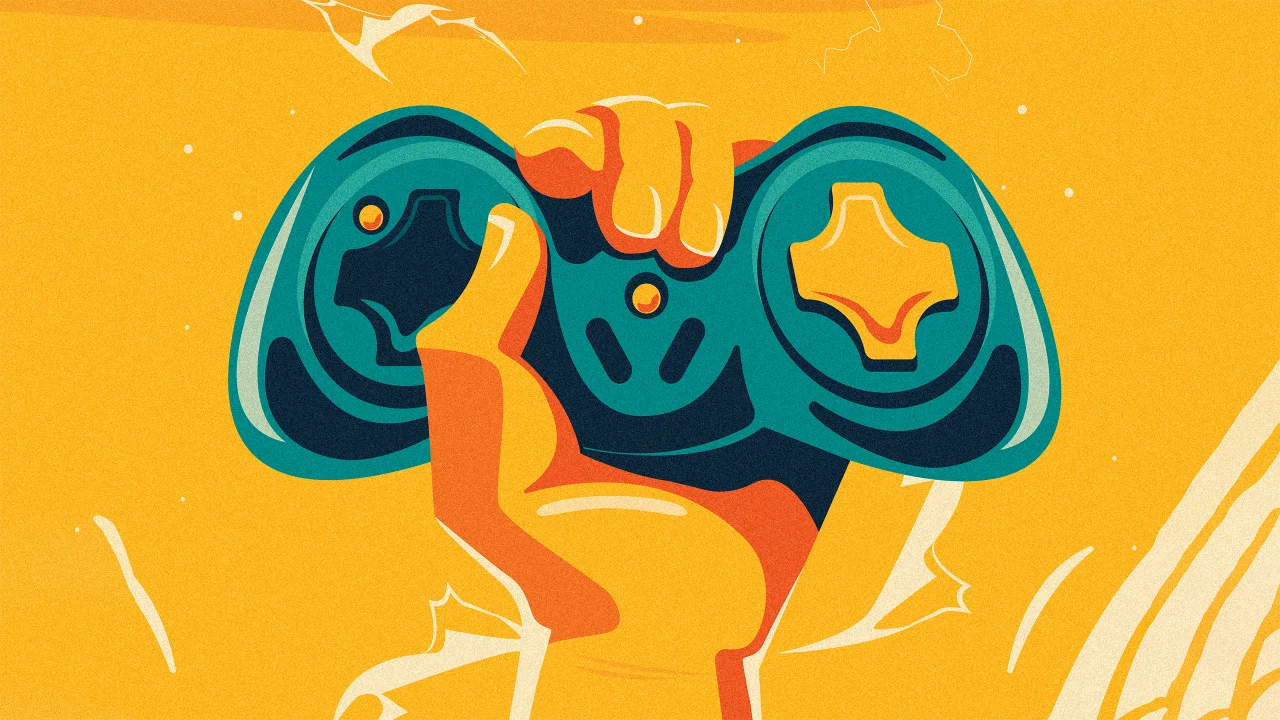
Video game voice actors and motion capture artists could be headed back to work soon. SAG-AFTRA and major video game companies have announced a tentative contract agreement, 11 months after union members began a work stoppage. Artificial intelligence was at the heart of the dispute.
“Patience and persistence has resulted in a deal that puts in place the necessary A.I. guardrails that defend performers’ livelihoods in the A.I. age, alongside other important gains,” said Duncan Crabtree-Ireland, chief negotiator for the union in a statement.
Terms of the agreement were not immediately released. SAG-AFTRA said it would offer details with ratification materials to members.
While a tentative deal is in place, members will continue to strike the major video game companies until the final terms are agreed upon, the union said. SAG-AFTRA president Fran Drescher seemed to stop short of declaring victory, saying “The needle has been moved forward and we are much better off than before,” but later added planning would begin for the next negotiation immediately saying “every contract is a work in progress.”
Voice and performance artists have been on strike since July 2024 against Activision Productions, Disney Character Voices, Electronic Arts Productions, Formosa Interactive, Insomniac Games, WB Games, Take 2 Productions, Blindlight, and Formosa Interactive.
The strike followed 18 months of negotiations. Generative AI was at the heart of the dispute, as the union maintained there were no contractual provisions that prevented game companies from training AI to reproduce an actor’s voice or likeness without informed consent. (Game publishers countered that their AI proposal contained strong protections for performers, requiring prior consent and fair pay when duplicating their performances.)
The union worked out side-deals with over 130 game developers early in the strike, which let work continue on many titles.
Industry analysts say the settlement is a good development for the industry, noting that many games are increasing the use of live actors in development (such as Norman Reedus taking a lead role in Death Stranding and the growing number of celebrities who appear in Fortnite.
“I think these artists are essential and were relatively unappreciated until executive producers saw how much worse AI solutions were,” says Michael Pachter of Wedbush Securities. “There is a tendency for Hollywood to get this and for video game developers to assume they can replace anyone with software, but it’s clear from the settlement that the game publishers agreed that these actors are essential.”
The strike over AI protections was the second SAG-AFTRA work-stoppage the video game industry has faced in the past decade. In 2016-2017, voice actors and publishers battled over the issue of residual payments. That strike lasted for 340 days, resulting in a three-year contract, though many voice actors complained the agreement was toothless and the union had ceded too much ground. The agreement called for “bonus pay” based on the number of sessions a performer worked on each game, but did not follow the traditional residual model.
The tentative agreement over AI demands comes just over a month after video game companies gave their “best and last” offer to SAG-AFTRA. The two parties began negotiating on a new agreement in October 2022.



